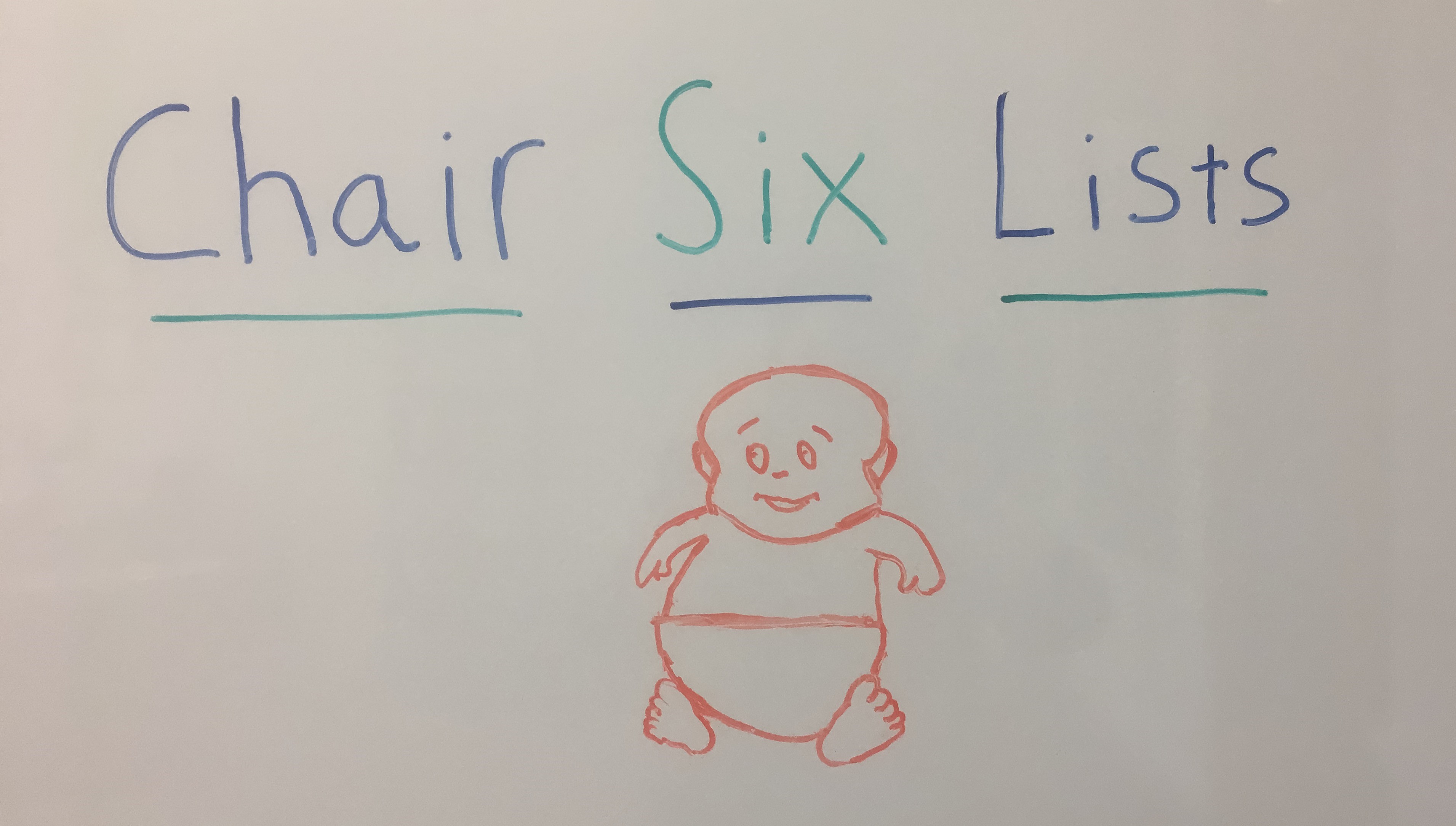
23 Jun CHAIR SIX LISTS: 6 Things to Do When Having a Baby
You’ve assembled the crib, painted the nursery, and baby-proofed the house. Now what?
Here are six things to do (financially) when having a baby!
1). Update your estate plan
Dig out your wills, durable powers of attorney, and healthcare directives; everything should be revisited. Who gets what and how much are important considerations, but when you have a baby, a much bigger concern is who will raise your child in case Junior is orphaned. As uncomfortable as it is, not preparing for such an event could leave your child in a situation you might find unconscionable.
Remember to pick an alternate in case your first choice is unavailable. Also, consider whether your choice for guardian can handle another child. Try to imagine what sort of childhood you want for your baby. Unless necessary, choose someone near your current home. It’s tough enough losing a parent or both parents without also having to move schools, states, or even countries.
2). Get Enough Life Insurance
Life insurance protects lost income if you or your spouse die early, but it also ensures you’ll leave sufficient funds to help raise your child. A 20-year term policy might be adequate for such a purpose. The policy will cover you until your child reaches adulthood and is (hopefully) self-sufficient. Speak with an expert to determine how much death benefit you should buy.
3). Buy Disability Insurance
Disability is more likely than early death, so look into whether your employer offers group disability insurance as an employee benefit (I recommend purchasing a policy on an after-tax basis. That way, benefits will be tax-free.) Otherwise, look to an individual policy to fill any gaps in your income and protect your retirement savings should you become disabled.
4). Save on Dependent Care
If both spouses plan to work, you might need to place your child in day-care. Find out if either your or your spouse’s employer offer a dependent care flexible spending account. If so, you can use it to pay up to $5,000 of child-care expenses with pre-tax dollars.
If your employer doesn’t offer such a benefit, you can still claim a dependent care credit on your tax return, but the credit is limited to 20% (or increasing up to 35% for some lower-income households) of the first $3,000 of expenses per child (up to $6,000 in total expenses).
5). Start A College Fund
It’s never too early to start savings for college! In fact, the earlier you start, the better. 529s, UTMAs, and Coverdell Education Savings Accounts are all excellent vehicles. Learn more about college savings here.
6). Think About Your Retirement
Take stock of where you stand today, and plan to secure your own retirement. You’ll be raising your child for at least the next 18 years, but you still must take care of yourself.



No Comments